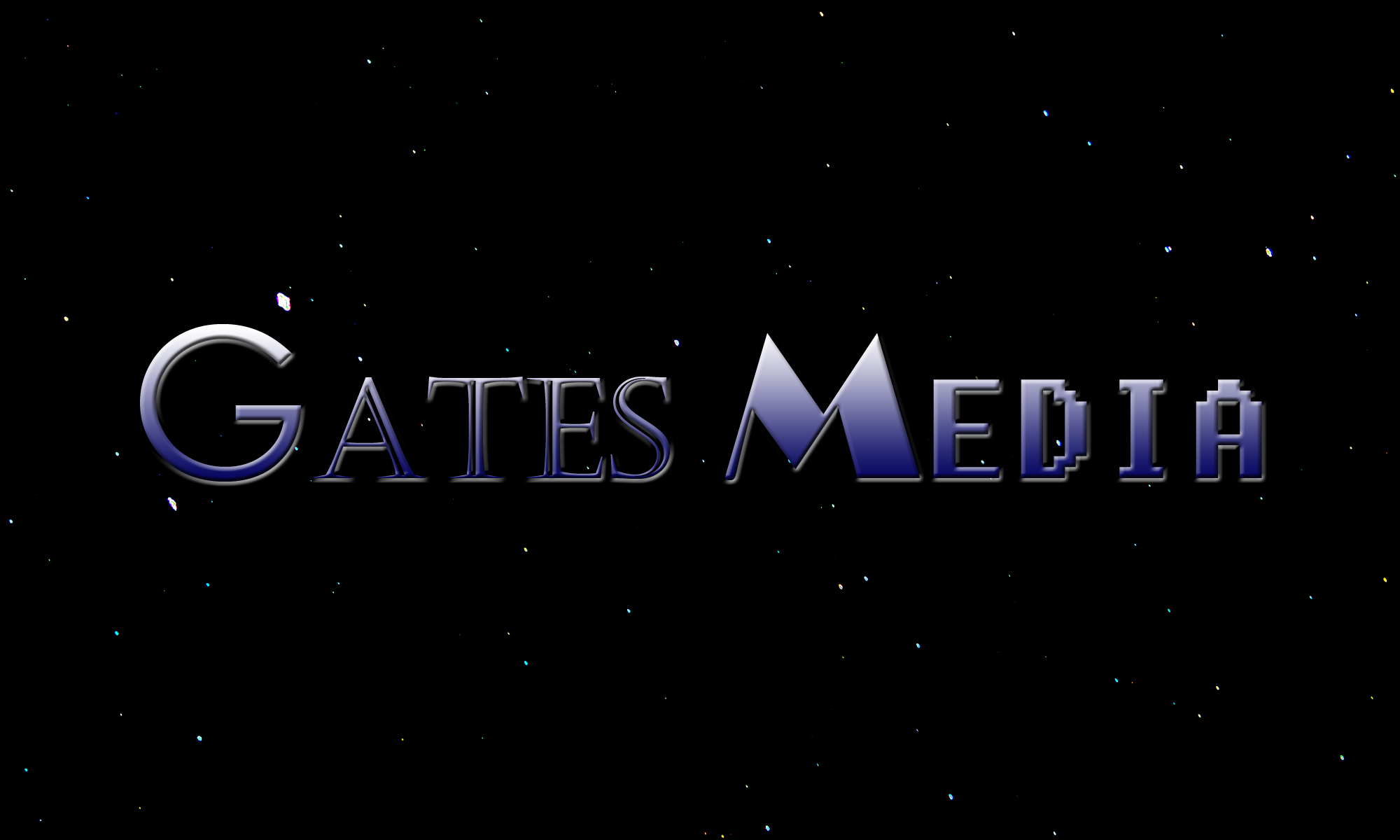I have a tendency to lump all CGI children’s and family movies into one category. These videos reminded me, “Oh yeah, Pixar and Disney make consistently decent movies compared to DreamWorks, Illumination, Blue Sky, and Sony.” I think I have such a negative outlook on these movies because I forget that. O.o
Unsolicited Comment: Why Do People Think Animation is for Kids?
In another video from AniMat, he poses a theory about why people have misconceptions that animation is just for kids. He claims that everyone has a desire to be independent. Because the majority of animated films target children and families to maximize their profits, adults want to distance themselves from them to reinforce the image of their independence. It’s like virtue signaling except you’re showing people you’re an adult.
He claims that CGI films target kids and families to make up for the cost of making these expensive films. I’d actually never thought of this explanation for why we don’t see more adult-oriented CGI movies. It seems obvious, but thinking about it more, I’m not sure how true this claim is, at least for CGI-animated films. Just looking up some random movies (e.g. Madagascar, Star Wars: Rogue One, Guardians of the Galaxy, The Matrix, Frozen, Inside Out, Despicable Me, The Polar Express, Gravity), the cost of making 3D-animated films seems about the same as it is for making films that are mostly live action. Smaller studio animated films are in the $30-$75,000,000 range. Pixar, Disney, Robert Zemeckis, and Square Enix films are in the $100-$200,000,000 range. The Matrix is in the high eight-digit range. Marvel movies are in the $100-$200,000,000 range…
I suppose you could argue that you can buy a camera, get volunteers together, and make a decent live-action film for next to nothing, but it’d be much more difficult to create a high-quality CGI-animated film in the same way. Live-action films that don’t use CGI can also be much less expensive (e.g. The Fault in Our Stars – $12,000,000, Eternal Sunshine of a Spotless Mind – $20,000,000). This doesn’t explain how today’s most popular, nine-figure-budget, live-action films are comedies, dramas, or action films and target everyone from children to specifically adults when mid-eight-figure-budget animated films have been almost exclusively children’s/family comedies from the start.
The common story, as depicted in documentaries like Life After Pi and horror stories from former Sausage Party animators, is that animators are grossly underpaid, so these numbers probably don’t reflect the actual time and effort people spend to make these films. The point is, however, that I don’t think the case can be made so easily that animated movies aren’t as diverse in content as live-action movies because they’re expensive to make. They probably should be expensive, but they’re not.
I’m not sold on the idea that adult signaling is the reason animated films are perceived as children’s entertainment either. With the popularity of cartoons like modern My Little Pony, Steven Universe, and Gravity Falls; adult-oriented comedies like Family Guy, The Simpsons, and almost everything on Adult Swim; and movies like Despicable Me, the idea that cartoons are only for children seems like an outdated one. People in their 20s-30s and older willingly discuss their love of these films. I’ve certainly heard people express outrage at discovering, say, the R-rated Starship Troopers: Invasion movie is a CGI animated “children’s” cartoon, but acceptance of adults watching animated films seems more common.
I think there is a stigma around children’s/family CGI animation though. As much as I love CGI, I have no interest in watching most of them specifically because they look like generic children’s/family films. Though I enjoy them for their rarity, experimentation, and occasional ridiculousness, most adult-oriented CGI films have badly told or outright terrible stories. CGI is such a young medium that filmmakers still don’t seem to know what it’s for and how to use it. You’d think taking filmmaking techniques from 2D animation and live-action films and applying them to CGI would translate easily, but they don’t. The result has been many terrible and generic films and failed experiments and perhaps even this false perception that, in general, CGI movies are mindless films that only a child or an idiot could enjoy.
Then again, when I was little, I preferred A Bug’s Life to Antz. Now, as an adult, I prefer Antz (a film I suspect would be rated PG-13 if it were released today) to A Bug’s Life. So maybe something about the content of these films just tends to appeal to children more than adults.
The Mars Needs Moms Catastrophe
https://www.youtube.com/watch?v=_aS5W___Ezk
While I was researching the Uncanny Valley, I discovered Mars Needs Moms. I’ve heard of it before, but I didn’t realize how catastrophically bad it was. Apparently, it was the final CGI film Robert Zemeckis was involved in. Ultimately, it lost Disney over $100 million and prompted Zemeckis to close his visual effects studio ImageMovers Digital. O.o
